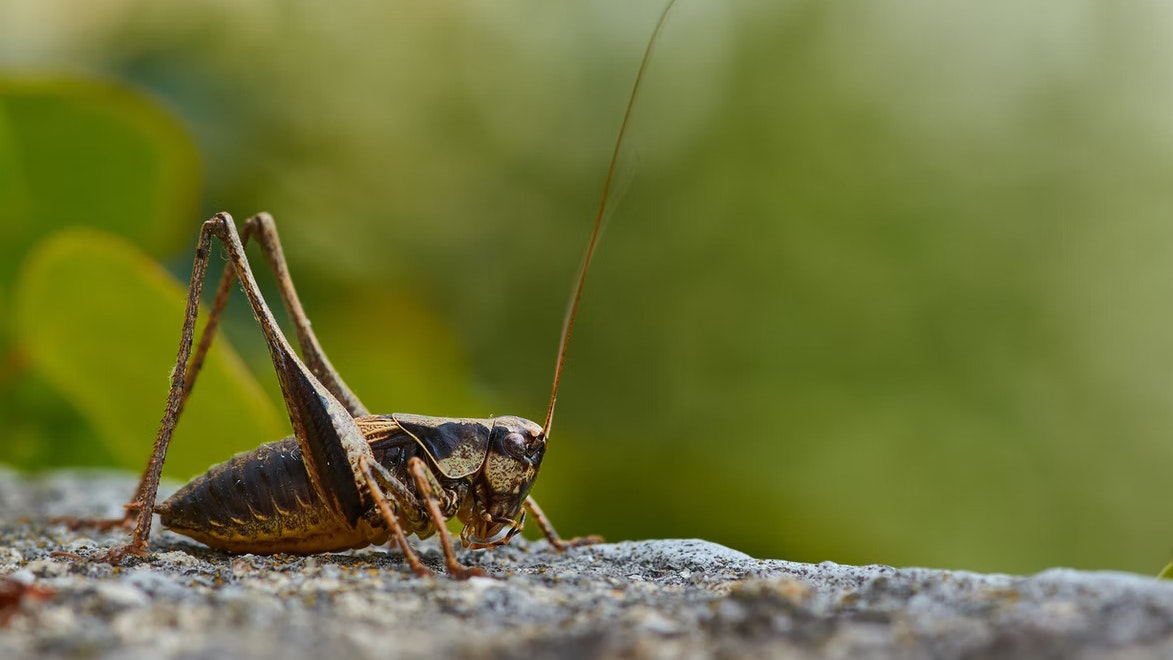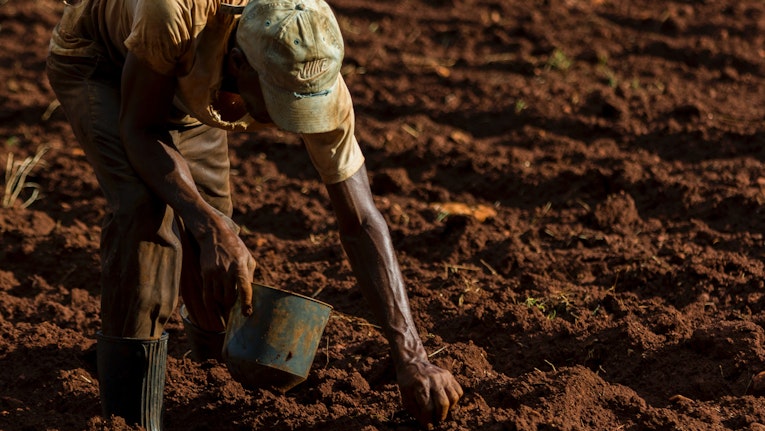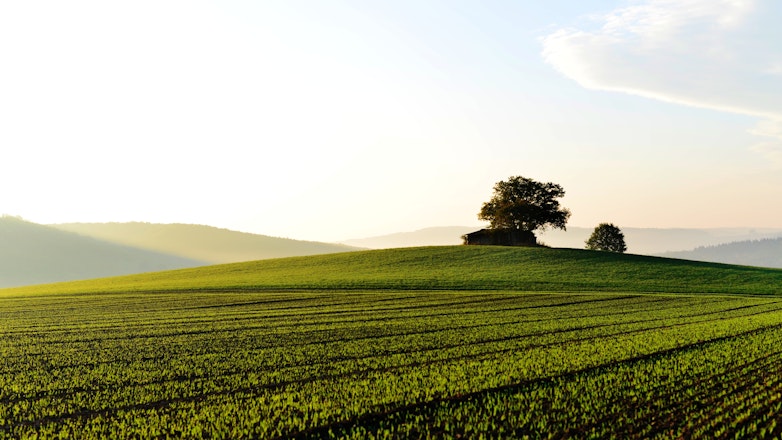
Our global population is expected to hit 9.74 billion by 2050. This exponential growth puts strain on the planet’s rapidly exhausting food supply.
Combined with decreasing available arable land and output from current agro-systems, it's no wonder that feeding the planet has never been higher on the global agenda.
The consensus among many politicians and environmentalists is to seek out a versatile, viable and widely available solution.
An increasingly popular alternative protein source, edible insects are garnering more attention from producers, researchers, the media, and consumers alike. Now more viable than ever, this nutrient and protein-rich resource can be successfully utilised for both livestock feed and human food.
Research suggests that insect farming could supplement traditional agriculture, helping alleviate malnutrition, while contributing to greater food security both around the world and across Africa.
A shift towards novel mass food production is not just required for sustainable development but necessary for reducing food-related human rights disasters.
A recipe for disaster?
Food insecurity is on the rise across the globe.
Conflict-prone countries like the Democratic Republic of Congo (DRC), Ethiopia, and South Sudan are the hardest hit. And the East African situation continues to worsen, with 7.2 million at risk of starvation.
Recent global events have exacerbated the problem, with Covid-19 forcing the closure of essential live markets, and the Russia-Ukraine war’s supply chain disruption of vital agricultural products, piling the pressure on already vulnerable nations.
Food for thought
Eating insects is nothing new. It’s estimated that between one to two billion people consume insects as part of a traditional diet globally, including in Africa, Latin America, and Asia. The global edible insect market is set to grow from $406 million in 2018 to $1.2 billion by 2023.
The evidence for edible insects as a possible global food source is compelling. Many species contain high levels of protein, fat, minerals, vitamins, and fibre, and can play a significant role in addressing food insecurity.
The nutritional quality of edible insects also appears to be equivalent and sometimes superior to that of foods derived from birds and mammals.
Scalable and sustainable?
Persistent and increasingly demanding industrialised agriculture – which produces greenhouse gas emissions, pollutes air and water, and disrupts biodiversity - costs the environment $3 trillion every year.
The United Nations Environment Programme (UNEP) notes that agriculture has now become more about generating animal feed, biofuels and industrial ingredients than producing food.
Research suggests insects can be utilised as a more sustainable alternative for livestock feed in Africa. Their short life-cycle means that multiplication is fast, efficient, and requires less land, water and energy-related resources.
Insects can be fed with organic waste, such as household, agriculture, or brewery waste, while reducing greenhouse gas emissions and creating climate-resilient livelihoods.
Waste from insects can then be fed back into the system as organic fertilizers to help improve soil health. These innovative approaches can strengthen the African food system and help build a circular economy that can complement conventional farming.
Crickets. The edible insect gamechanger?
Crickets are among the most recognised insects for human consumption and livestock feed, with significant potential to help reduce malnutrition and boost food security.
They have been consumed in Asia, Latin America, and Africa since prehistoric times; their consumption depends on their cultural appropriateness and prevalence – Africa has 26 species of edible cricket.
Farming insects like crickets also has the potential to be used as a tool to alleviate poverty through the strengthening of more stable and sustainable food systems.
Feeding the future
As the population grows, demand for food increases and resources dwindle, insect farming provides some optimism for Africa’s path towards food security.
Alongside investment in further mechanisation, experts argue that coherent policies regarding safety, sustainability, trade, and regulation are required to develop the industry and accrue widespread benefits across the continent.







